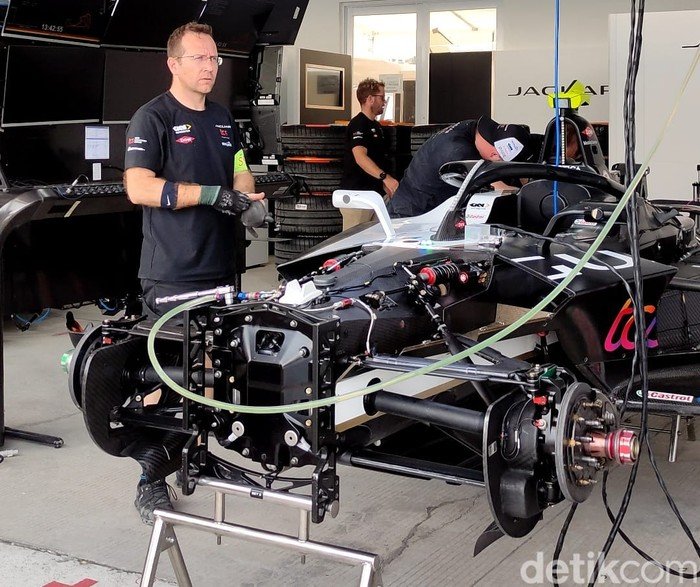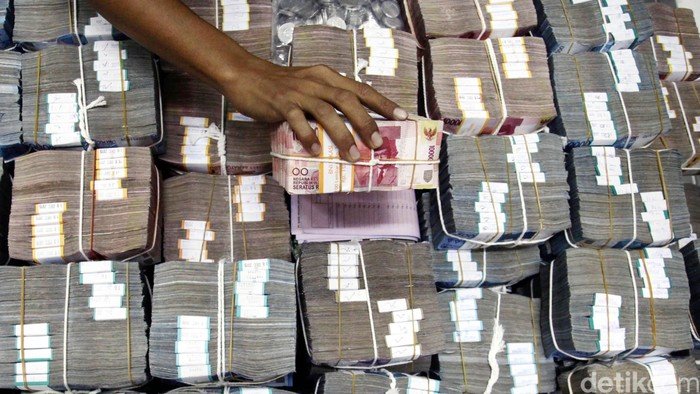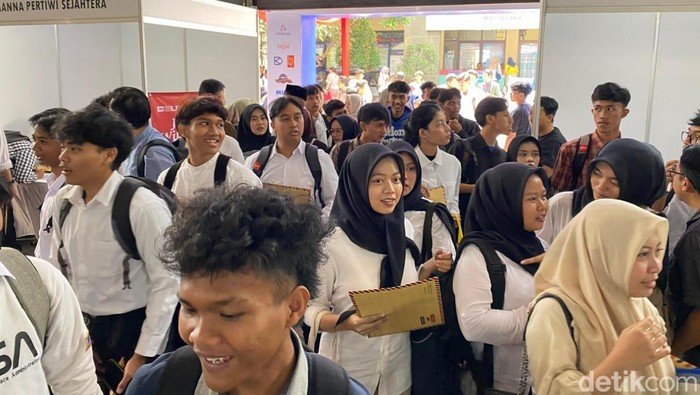History and Establishment of PT Freeport Indonesia
PT Freeport Indonesia traces its origins back to the early 1960s, emerging during a period marked by expansive mineral exploration in Indonesia. The company was initially established as a subsidiary of Freeport-McMoRan Copper & Gold Inc. following the discovery of substantial mineral reserves in Papua, particularly the renowned Grasberg mine. This mine is now recognized as one of the largest gold and copper deposits globally, cementing PT Freeport’s significance within the mineral industry.
The discovery of the Grasberg deposit by Geologist Richard Adkerson in 1988 was a pivotal milestone, leading to extensive mining operations that would shape the economic landscape of Papua and the broader Indonesian economy. Following its establishment, PT Freeport Indonesia subsequently signed a Contract of Work (CoW) with the Indonesian government. This agreement underscored a cooperative relationship that aimed to facilitate the extraction of valuable resources while adhering to certain regulatory frameworks put forth by Indonesian authorities.
In the decades that followed, PT Freeport Indonesia navigated a complex socio-political environment. The company has been subject to shifting policies and regulatory requirements from the Indonesian government, which sought to ensure that mining operations benefited local communities and adhered to environmental standards. This evolving relationship has led to various challenges and negotiations, leading to amendments in the CoW and ensuring the provision of economic benefits to the surrounding communities.
As PT Freeport Indonesia grew, so did its international standing. The company became a symbol of both opportunity and conflict, reflecting the broader dynamics of resource extraction in developing regions. The journey of PT Freeport Indonesia illustrates the intricate interplay between commerce, governance, and socio-environmental considerations, marking a significant chapter in Indonesia’s economic narrative.
Economic Contributions and Benefits
PT Freeport Indonesia plays a crucial role in supporting both the local and national economy, primarily through its extensive operations in Papua. One of the most significant contributions of the company is job creation. With thousands of employees directly engaged in Freeport’s mining operations, the company offers various employment opportunities, which not only benefit the workers but also support their families and the surrounding communities. This influx of jobs has contributed to a more stable income level within the region, allowing families to invest in education, healthcare, and other essential services.
Furthermore, PT Freeport Indonesia generates substantial revenue for the Indonesian government through taxes, royalties, and other financial contributions. This revenue is vital for funding public infrastructure and services, particularly in a region like Papua that experiences various socio-economic challenges. By contributing significantly to the state budget, Freeport enables the government to invest in essential development projects, further enhancing the quality of life for local residents.
The company’s commitment to community development is also notable; PT Freeport has invested in various infrastructure projects, including roads, schools, and healthcare facilities, which directly benefit the local population. Such initiatives not only bolster economic activities but also pave the way for a sustainable future by ensuring that communities have access to essential services and opportunities for growth. Additionally, Freeport’s operations have a ripple effect on local businesses, providing them with the demand and impetus to thrive. From catering services to equipment suppliers, various sectors benefit from the presence of Freeport, creating an interconnected web of economic support.
In conclusion, PT Freeport Indonesia’s contributions significantly impact the local and national economy. Through job creation, substantial tax contributions, investment in community infrastructure, and support for local businesses, the company has played an instrumental role in facilitating economic upliftment in Papua.
Environmental and Social Challenges
PT Freeport Indonesia, one of the largest mining operations in the world, is faced with significant environmental and social challenges due to its extensive mining activities. The mining processes employed can have detrimental effects on local ecosystems, leading to habitat destruction and loss of biodiversity. The extraction of copper and gold has resulted in large-scale deforestation and disruption of nearby waterways, prompting concerns among environmentalists and local residents alike. The company has made efforts to adopt sustainable practices aimed at reducing its ecological footprint. Initiatives such as reforestation and rehabilitation of mined areas have been implemented; however, the long-term effectiveness of these measures remains a point of contention.
In addition to environmental concerns, there are substantial social implications related to PT Freeport Indonesia’s operations. Indigenous communities, particularly those in the vicinity of the Grasberg mine, have voiced apprehensions regarding the impact of mining on their lands and resources. Claims related to indigenous rights have emerged, leading to tensions between the mining company and the local population. These communities often rely on the surrounding natural environment for their livelihoods, and thus feel marginalized by the industrial activities surrounding them. The company’s presence has been met with mixed reactions, as some community members seek economic opportunities, while others raise alarm over cultural displacement and environmental degradation.
In response to these pressing issues, PT Freeport Indonesia has established engagement frameworks with local stakeholders, attempting to foster transparency and dialogue. Collaborative programs aimed at ensuring community benefits from mining activities—such as infrastructure development, education, and health services—have been introduced. While these measures signify an awareness of social responsibility, the balance between mining interests and environmental preservation remains a complex challenge that necessitates ongoing attention and innovation.
Future Prospects and Industry Trends
The future prospects of PT Freeport Indonesia are shaped by the evolving trends within the mining industry, globalization, and rapid technological advancements. As one of the largest mining firms globally, Freeport is keenly aware of the changing landscape that demands innovation and sustainable practices. The company is poised to pursue strategic initiatives that accommodate these shifts, including potential expansions and partnerships that align with a responsible mining philosophy.
Given the increasing demand for copper and gold, PT Freeport Indonesia is likely to focus on enhancing its production capabilities. Strategic partnerships with local and international entities may facilitate the acquisition of new technologies that optimize operational efficiency while minimizing environmental impact. Embracing automation and artificial intelligence in mining operations will be critical in addressing labor challenges and improving safety standards.
The regulatory environment presents both challenges and opportunities for PT Freeport Indonesia. As governments worldwide enforce stricter regulations aimed at sustainability, the company must navigate these legal frameworks while ensuring compliance. This includes adapting to regulations related to mining practices, community relations, and environmental management. Moreover, PT Freeport is expected to enhance its commitment to corporate social responsibility, investing in local communities and supporting sustainable development initiatives. This approach not only strengthens its brand reputation but also fosters long-term relationships with stakeholders.
Climate change remains a pressing issue impacting the mining sector. PT Freeport Indonesia recognizes the need to mitigate environmental risks associated with mining activities. Transitioning to greener technologies and implementing energy-efficient processes will be critical in aligning the company’s operations with global sustainability goals. As adaptation becomes necessary, PT Freeport will likely evolve its practices to accommodate these necessary changes, standing as a proactive entity in the mining industry’s response to climate change challenges.Cuan128



